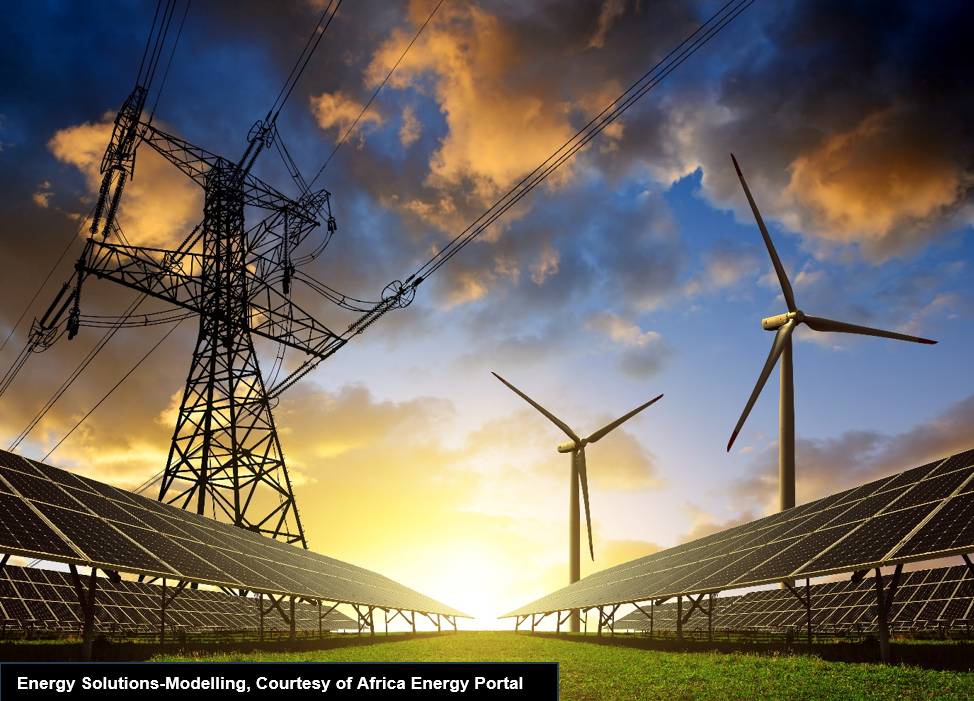In the vast and diverse continent of Africa, where over 600 million people still lack access to electricity, off-grid solar solutions have become a beacon of hope. This week, EDF Renewables, a global clean energy giant, announced it has secured nearly €10 million in debt financing from the Mirova Gigaton Fund ,a move that aims to accelerate solar and battery storage projects serving rural communities in Côte d’Ivoire, South Africa, Cameroon, and Togo. The ambitious goal? To bring clean power to five million people by 2030.
This funding injection is more than just capital. It symbolizes a rising confidence in off-grid solar as a scalable, sustainable way to close Africa’s stubborn energy access gap. And it reflects a broader shift in how energy challenges on the continent are being approached with private investment and international partnerships taking center stage in a space long dominated by underfunded public utilities and grid expansion efforts.
The Scale of the Challenge
Africa’s electricity deficit is staggering. According to the International Energy Agency, nearly half of sub-Saharan Africa’s population remains without reliable access to power, a crisis that sharply limits economic opportunities, healthcare delivery, education, and overall quality of life. For many, the electricity grid remains out of reach, either because of geography, weak infrastructure, or the prohibitive costs of extending centralized power lines.
Also read: Why Africa Isn’t Harnessing Its Desert Sunlight for Electricity And What It’s Costing the Continent
Off-grid solar solutions ranging from solar home systems and lighting kits to larger solar-powered irrigation and battery storage offer a flexible, affordable alternative. EDF Renewables’ subsidiaries, including Greeno and Tevia in Côte d’Ivoire, Kukhanya Energy Services in South Africa, UpOwa in Cameroon, and BBoxx-EDF in Togo, are focused precisely on these solutions. With the new funding, their reach can grow exponentially.
“The main challenge in Africa is to address the critical issue of electricity access,” says Xavier Rouland, EDF Renewables’ off-grid director. “With this loan, the ‘EDF Energy for All’ platform will continue supporting our subsidiaries in providing off-grid energy solutions to rural populations.”
Beyond the Numbers: The Real Impact
So far, EDF Renewables’ subsidiaries have connected three million people across Africa, a milestone that demonstrates both the demand and the feasibility of off-grid solar. But what does this mean on the ground? For families in rural villages, it means replacing dangerous kerosene lamps with clean, safe LED lighting. It means powering small businesses like grain mills, and enabling children to study after sunset. It means access to refrigeration for medicines and food preservation fundamental improvements that touch every aspect of daily life.
Off-grid solar also has profound economic implications. When electricity is available, agricultural productivity can increase through solar-powered irrigation. New jobs are created, from local technicians maintaining the systems to entrepreneurs offering services powered by reliable electricity. This can trigger a virtuous cycle: as communities electrify and incomes rise, demand for energy grows, encouraging further investment.
The Financing Puzzle
The €10 million senior loan from Mirova is a significant boost but also highlights the financing challenges that still loom large in Africa’s energy sector. Off-grid solar projects, while transformative, require upfront capital and long-term investment horizons that many local businesses cannot meet. International funds like the Mirova Gigaton Fund play a critical role in bridging that gap, but the scale of investment needed to reach universal access is massive; the World Bank estimates it at over $50 billion annually.
Also read: South Africa’s Coal Addiction Is Sabotaging Its Climate Promises
Private sector involvement is essential. Yet, it comes with its own challenges: balancing returns for investors with affordability for end-users, managing currency and political risks, and navigating complex regulatory landscapes across multiple countries. EDF Renewables’ strategy, deploying capital through subsidiaries that operate locally, reflects an understanding of these complexities and a commitment to adapt to on-the-ground realities.
A Glimmer of Hope Amid Energy Turmoil
The timing of this announcement is critical. Africa’s energy sector is navigating a period of unprecedented uncertainty and opportunity. Global energy markets remain volatile, while climate imperatives push for a rapid transition to renewables. In this shifting landscape, off-grid solar stands out as a uniquely African solution, one that bypasses costly grid infrastructure and leapfrogs traditional fossil fuel dependence.
But scaling off-grid solutions will require more than funding. It demands strong policy frameworks, regulatory clarity, and regional cooperation to allow businesses to expand across borders efficiently. It calls for innovative business models that lower costs and adapt to varying local needs. And it requires integration with other sectors agriculture, education, healthcare to maximize impact.
The new €10 million loan to EDF Renewables is an encouraging step forward in this direction. Whether it will be the spark that finally closes Africa’s energy gap remains to be seen but the momentum is undeniable.



